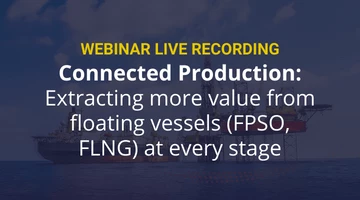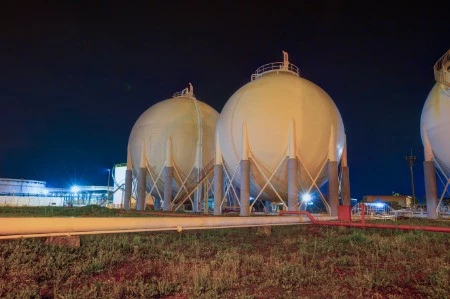Nigeria's Energy Policy May Rattle Some But The Country Is Learning Lessons From The Past
Add bookmarkEarlier in September The Guardian newspaper ran a story reporting dwindling foreign investment and interest in Nigeria’s oil and gas sector as a conclusion reached by the Society of Petroleum Engineers (SPE) Offshore Europe forum.
According to the Guardian the forum said that despite Nigeria’s huge potential in its oil and gas sector, many foreign companies would rather explore the Angola and Ghana oil and gas sector citing "prevailing insecurity in the Niger Delta area of the country, inadequate infrastructure and inconsistency in government policies, as some of the factors which have specifically kept new players from the Nigeria’s oil and gas business environment".
Are they missing the plot?
The reality is that Nigeria has learnt tough lessons - most notably in the Niger Delta - and the country has come a long way in developing inclusive policies, in which natural resources will benefits many Nigerians, as oppose to few (among others). The country has reported unequivocally that the country's policy will reflect a commitment to preserve the country's natural resources and develop local capacity and capabilities.
Key to this objective is skills transfer which requires a long term perspective, investment and a view to partner with local players. This is well understood by operators in the country. Sustainable policies designed to uplift communities currently being implemented by Nigeria could be model for other oil and gas producing nations on the continent to follow.
For example, Nigeria, like the rest of Africa, does not have a domestic shipping fleet and is 100%-reliant on foreign operators. Building a domestic fleet will have a huge impact on job creation. For every one sea-faring job, about eight job opportunities are created on land.
[eventpdf]
Consequently, Nigeria has taken its first steps toward building a domestic fleet that will see Nigerian-owned tankers export the country’s crude oil exports.
This August, Nigerian president Goodluck Jonathan attended the naming of two tankers, the Abiola and Igbinosa that are owned and managed by Ocean Marine Tankers, part of Nigeria’s OMS Group.
Furthermore, in 2017, Samsung Heavy Industries, which has set up a local operation in Nigeria and expected to complete the world’s largest FPSO that will be deployed off the country’s coast recently announced a ground-breaking initiative that could result in rapid skills transfer in ship-building. Samsung Heavy Industries, Bradama International recently announced a plan to train and employ 1,000 Niger Delta ex-militants.
Speaking at programme in Aberdeen, Executive Secretary, Nigerian Content Development and Monitory Board (NCDMB), Ernest Nwapa, said that the Nigerian government was committed to the local content policy reported the Guardian.
Nwapa stated: "We want to change Nigeria’s value chain to domesticate a number of technologies in Nigeria. Most oil-producing countries have learned from experience but not in the case with Nigeria. We are looking for partners that would help in technology transfer in the oil and gas industry. Investors must be ready to domesticate some equipment in the oil and gas in Nigeria. We have set up industrial parks to help with the local content development. Most investors were focusing on getting revenues from Nigeria without adding value to the country.
"It is not just about revenue, but adding value to the system in such a way that it will be a win-win situation. Equipment component manufacturing company is now a pre-requisite for companies coming to invest in Nigeria oil and gas industry. The country has no plan to endanger foreign investments but that manufacturing of component will be a pre-requisite for government to support. It will be a pre-requisite for local content certification."
Brazil, for example, has a 65% local content requirement, also applicable to highly technical projects including the manufacture of FPSO vessels, with little fuss. Perhaps a double standard?
Learn more about FPSO
- Why FPSO costs get out of control, and how you can project the bottom line throughout the project lifecycle
- FPSO: Common Pitfalls in Contract Negotiations - David Boggs, EMA
- FPSO: The Global Forecast
- Depletion of Oil & Gas Could Spell the End of FPSO
- SPECIAL REPORT - FPSO - The State of the Industry 2012
- MODEC FPSO Masterclass: Technical Challenges and Cost-Effective Methods for Conversion Projects
- A Cost-Effective Approach to Risk-Based Inspection for FPSO Units and Gas Projects
-
FPSO: Valuable Insights on Financing - Michael Lin Sheng, IFC Global Oil and Gas
|
|
Have Your Say Rate this feature and give us your feedback in the comments section below |
____________________________________________________________
Sumit Dutta heads up Marketing at Oil & Gas IQ. Contact him at Twitter or Google Plus






















